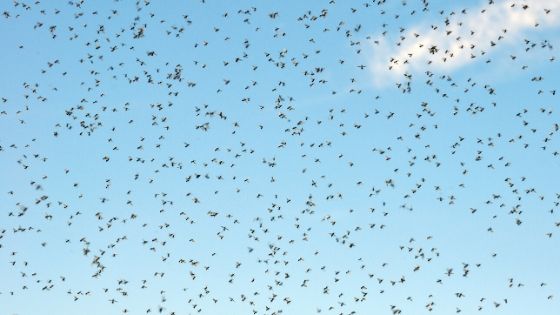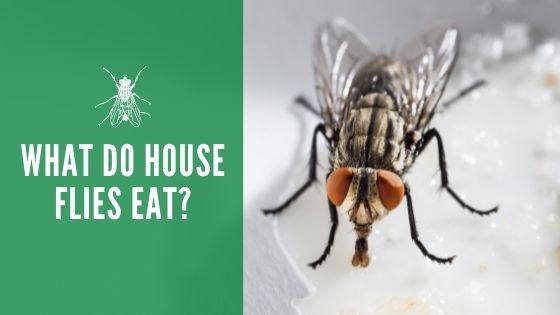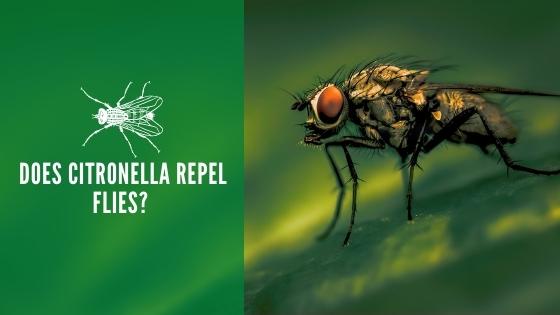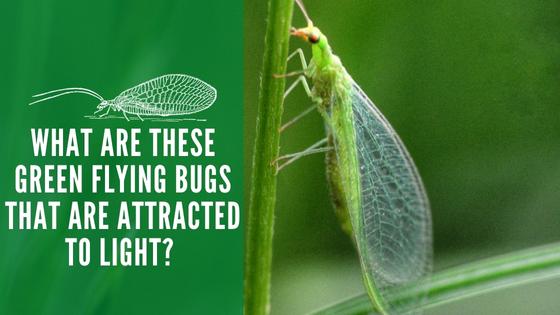Treating & Preventing Gnat Bites

With the advent of warmer weather, gnats are out in full force. No one wants to cover their home or themselves with chemicals just to make the problem go away, so here is some useful information on natural responses to gnats.
What are Gnats?
First of all, not all gnats bite. Fungus gnats or fruit flies, are harmless to humans as they cannot bite. These pests can destroy your houseplants, however.
Other varieties of gnats do bite. Usually, it is the females who bite, as they require a blood meal to lay their eggs. In order to rid yourself of a gnat infestation, it’s important to identify the variety of gnat that is the problem.
Natural Gnat Repellents
Most gnats hate the smell of vanilla. Citronella is another great natural repellent. There are a lot of essential oil products available for personal pest protection against biting gnats, flies, mosquitoes, etc. Check with your local health food store.
UV lights are also a great remedy for gnats and other flying critters. Place one of these lights in your home, preferably near the ceiling, bug low enough where you can clean out the trap periodically and safely kill them without pesticides.
You can pour ammonia or a hydrogen peroxide solution into your drains if you see gnats congregating there. Or, place a small dish of vinegar with a few drops of dish soap in it to catch gnats. They’re attracted to the smell of vinegar, but the dish sop prevents them from flying away and they drown.
Natural Gnat Bite Treatment
Gnat bites resemble mosquito bites. They are small, painful, red, swollen, and very itchy. The reactions are caused by an allergy to the gnat’s saliva.
• Wash the area with soap and cool water. Pat it dry, don’t rub – that can make it worse.
• Apply a cold compress.
• If the itching is severe, you can use an anti-itch cream.
• Calamine lotion can slow relieve the itching.
• If possible, elevate the area that has been bitten.
• Take an antihistamine – since this is an allergic reaction, antihistamines are a good first line of response to multiple bite scenarios.
When to See a Doctor
You should seek a doctor’s care in the following scenarios:
• bites around your eyes or mouth
• you have symptoms for more than two weeks
• your skin becomes infected Rarely, gnat bites can cause anaphylaxis, which is an extremely severe allergic reaction. Symptoms of anaphylaxis include trouble breathing, wheezing, swollen throat, lips, or eyelids, nausea, confusion, difficulty swallowing, dizziness, lightheadedness,
and rapid heartbeat. If any of these symptoms occur, call 911 immediately.
You can prevent gnat bites by avoiding standing bodies of water, wearing light-colored clothing, wearing closed-toe shoes, applying natural insect repellents to your skin, and leaving as little skin exposed as possible.
Installing fine mesh window screens on your home also discourages gnats from entering your property. Gnats are more of a nuisance than a real healthy risk. With a few precautions, you can be bite-free.



